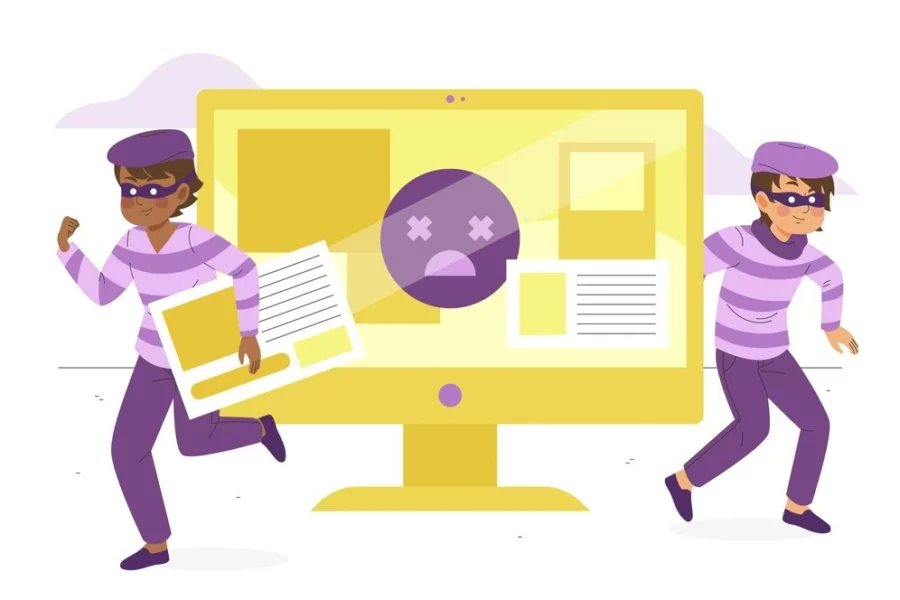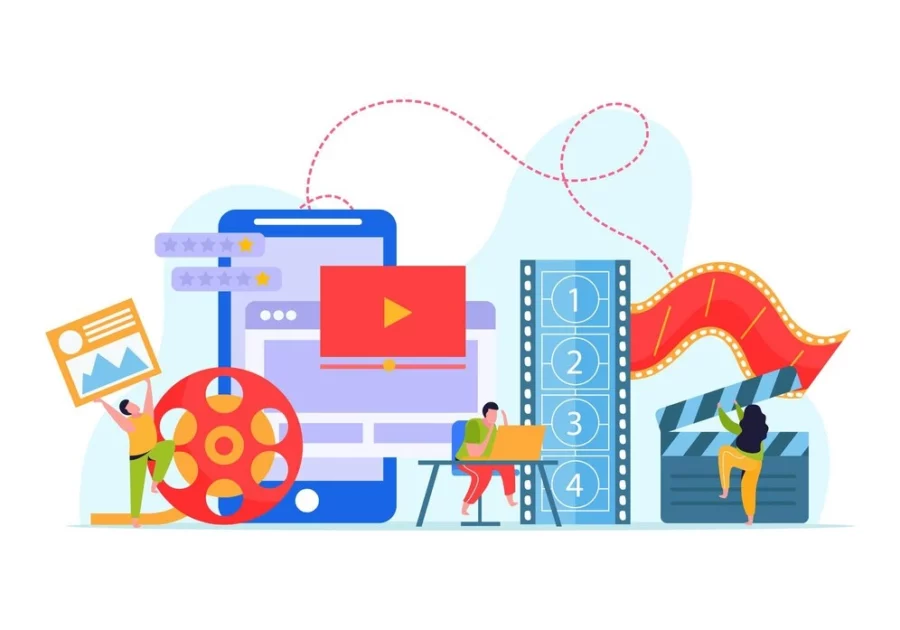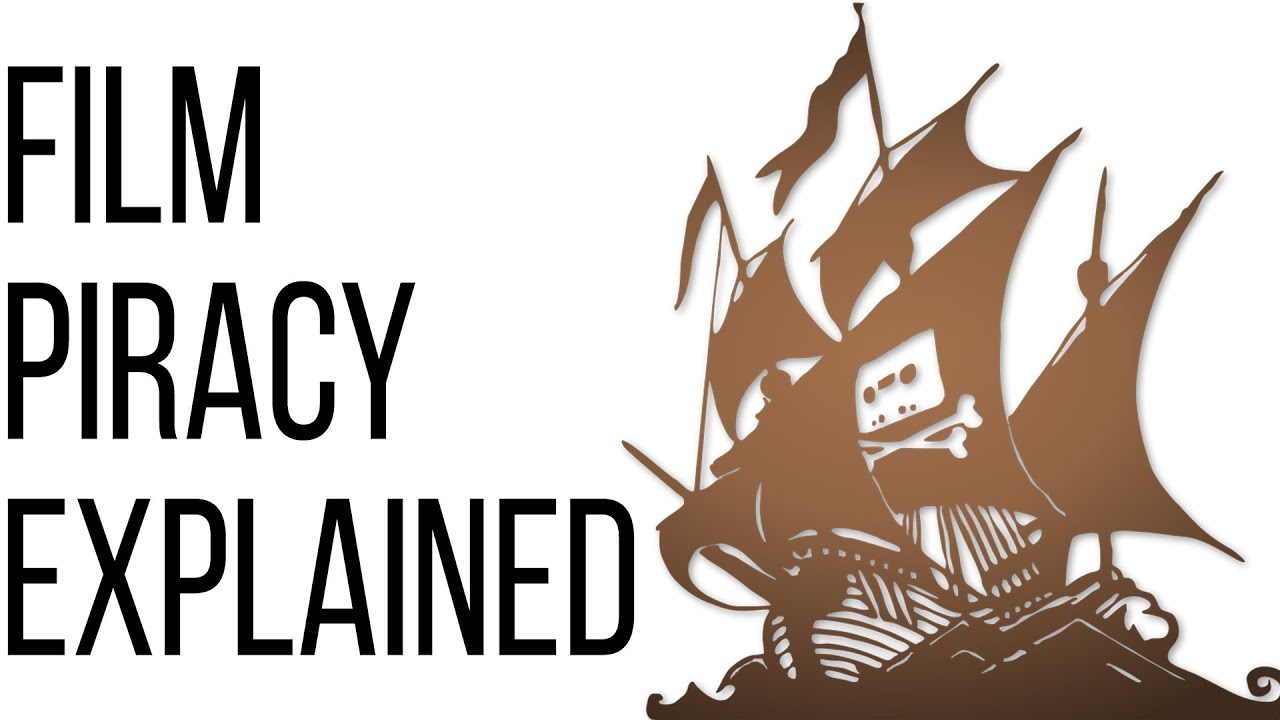Key Takeaways:
- How to protect piracy of movies: Implement DRM software to control how movies are distributed, accessed, and shared, preventing unauthorised copying.
- Use visible or invisible watermarks on movies to trace piracy sources and deter illegal distribution of film.
- Collaborate with law enforcement and take legal action against piracy networks to reduce the distribution of illegal content.
Ever pondered how the enchantment of movies is kept free from the grasp of piracy?
In the context of films piracy describes the unauthorised distribution or consumption of copyrighted content.
Piracy influences everyone engaged in the movie-making process not just movie producers.
Many lose their hard-earned money from the performers to the technicians. One pirated movie may cause many loses much as in a domino effect.
How to protect the piracy of movies? Let us start right now.
Protect Your Brand & Recover Revenue With Bytescare's Brand Protection software
What is Movie Piracy?
Movie Piracy is the unauthorised copying or viewing of copyrighted movies without permission of the rights owners or without buying them via legal channels.
This might occur in many ways.
Physical Copies
This is one of the older methods where pirated movies are sold on DVDs or other physical media, often at a fraction of the original price.
Online Streaming
Many websites broadcast movies without appropriate license since the internet has been available. Often including pop-up advertisements, these illegal streaming sites may be a source of malware.
File Sharing
Peer-to-peer networks or torrent websites allow users to share movie files. It is deemed piracy when a user downloads a movie from these sites without paying for it or with permission from the distributor.
Cam Ripping
When someone records a movie directly from the cinema screen using a camcorder or even a smartphone. Usually terrible these versions may show up online soon after a movie opens.
Digital Copying
With digital formats becoming more prevalent, it’s become more accessible for people to copy and share movies through USB drives, hard disks, or other digital means.
How to Protect Piracy of Movies?

The longevity of the film industry depends on the film content being protected against digital piracy. This is a comprehensive guide on protecting digital content against piracy.
Digital Rights Management (DRM)
DRM technologies, a prime anti-piracy measure, restrict how consumers can use purchased content. This guarantees that the copyright material can only be accessed by approved internet users. Therefore making online piracy more difficult.
Watermarking
Content owners can embed a unique, invisible watermark in each movie copy. This allows them to trace pirated copies back to the source, acting as a deterrent against pirate content.
Geo-blocking & Domain Restriction
These methods limit access to content depending on a user’s domain or geographical location. By controlling how video content may be accessed, content producers may better track distribution.
Secure Distribution Platforms
Platforms that prioritise content security can help reduce the risk of piracy. They protect content using strong encryption along with other anti-piracy technology.
Regular Monitoring & Content Updates
Employ content protection services that continuously scan the internet for unauthorised access. Coupled with frequent content updates, like adding bonus scenes, the appeal of the original content increases over pirated versions.
Legal Measures & Copyright Infringement
One deterrent may be strengthened intellectual property rights as well as rigorous enforcement of laws. Essential are actions against online piracy or marketplaces offering pirated DVDs.
Educating the Public
Awareness campaigns can reduce the demand for illegal content by highlighting the risks for users and the negative impacts on creative content creators.
Collaborative Efforts
Content providers along with content owners working together will help to reduce piracy.
Affordable & Accessible Legal Alternatives
Offering premium content at a non-premium price and making it easily accessible diminishes the incentive for piracy.
Reporting, Whistleblowing, and Anti-piracy Software
Encourage individuals to report piracy and use anti-piracy software that can detect and counteract piracy attempts, like screen capture blocking.
Role of ISPs
Internet Service Providers can block access to known pirated content sources and issue warnings to users in the case of illegal downloading of pirated content.
Release Dates
Coordinating global release dates can reduce the window for pirates to distribute pirated versions before the official release in certain regions.
Anti-piracy Technology
Purchasing the newest anti-piracy technology will enable one to keep one step ahead of pirates along with guarantee the authenticity of the charm of movies.
Protect Your Brand & Recover Revenue With Bytescare's Brand Protection software
How To Detect If My Movies Are Being Pirated?
Detecting if your legitimate copies of movies are being pirated can be challenging, but there are a few strategies you can use to stay vigilant.
Monitor file-sharing platforms or torrent websites regularly
You can set up alerts or employ services that track unauthorised copies of your movies. These platforms often have vast user bases, and movies get shared without proper authorisation.
Use digital watermarking or fingerprinting technologies
This involves embedding unique identifiers into your movie files, either visible or invisible, that can help trace illegal copies back to their source. These marks will enable you to identify where the leak began even if the pirated version is distributed on many websites.
Look for unusual activity
Monitor streaming services or sites where your content is licensed. If your movie suddenly appears in multiple locations without your consent, it could indicate piracy. Monitoring these platforms in cooperation with distribution partners will assist to identify early unlawful distribution.
Strategies to Safeguard Movie and Maximise Revenue on OTT Platforms

Combat Credential Sharing
With the surge in video content consumption on OTT platforms, sharing login credentials has become a significant concern.
Given many people using a single premium account, your business is probably losing out on a significant amount of possible income.
Install plugins limiting simultaneous log-ins to offset this loss of revenue. Creating a unique ID every time an account signs in is another good way to track concurrent access.
On some systems, advances in coding along with algorithmic solutions provide great backend control.
Limit Video Playback
To further deter multiple users from exploiting a single premium account, consider capping the total viewing duration for each user.
For instance, users typically won’t replay lectures or motivational talks multiple times.
Analysis of user behavior helps you to determine suitable playing limits for video files.
This simple strategy guarantees that your content isn’t being accessible by lots of people without suitable payment.
Employ Anti-piracy Solutions
Several anti-piracy and video protection services are available today. Hiring a reputable security firm to protect your video content will enable you to remove illegal streaming sources.
These services enable you to not only cut illegal links but sometimes completely erase the source of the pirated content.
Protect Your Brand & Recover Revenue With Bytescare's Brand Protection software
How Does Bytescare Protect Film Against Piracy?
Bytescare digital piracy monitoring tool offers a film industry an unparalleled protection.
Using advanced technology we carefully search a large number of online platforms looking for unapproved shares.
By being aware of the most recent pirate trends, Bytescare guarantees that creative works are protected, thereby allowing producers as well as distributors to focus on producing excellent content free from continual concern of infringement.
Using Bytescare’s relentless commitment to content protection can help you strengthen your resistance against piracy. Book a demo right now to improve the security of your content.
What’s Next?
Protecting your films from piracy calls for constant work combining legal action along with technology.
You may drastically lower the danger of piracy by using Digital Rights Management (DRM), tracking unauthorised copies via watermarking. Also keeping an eye on suspicious activity on file-sharing systems.
Working with law enforcement along with business leaders also helps to guarantee quick removal of pirated content. These actions can help protect the value of your films even if piracy may never be totally eradicated.
Being proactive in addition to using the right tools will ultimately provide more protection over the distribution of your material.
The Most Widely Used Brand Protection Software
Find, track, and remove counterfeit listings and sellers with Bytescare Brand Protection software

FAQs
Why is movie piracy a concern?
Movie piracy leads to significant financial losses for the film industry, affecting everyone involved in the movie-making process.
What is movie piracy protection?
Movie piracy protection refers to the measures and techniques employed by filmmakers, distributors, and content providers to prevent the unauthorised copying, distribution, and viewing of copyrighted films.
This includes a range of technological, legal, and educational strategies aimed at safeguarding movies from illicit distribution and consumption.
What is the role of consumers in curbing piracy?
By choosing legal means to watch movies and reporting pirated content, consumers can play a crucial role in curbing piracy.
Can technology advancements completely eliminate movie piracy?
While technology can significantly reduce piracy, it’s an ongoing battle. Collective efforts are needed to stay ahead of pirates.
What are the consequences for copyright holders if piracy occurs?
When piracy occurs, copyright holders face several repercussions:
a. Financial Loss: Piracy directly impacts the revenue of copyright holders. Every pirated copy represents a potential lost sale.
b. Devaluation of Intellectual Property: Pirated content can devalue the original work, making it challenging for creators to monetise their efforts adequately.
c. Increased Costs: Copyright holders might need to invest more in anti-piracy measures, legal actions, and public awareness campaigns to combat piracy.
d. Competitive Disadvantage: Pirated versions, often sold at a fraction of the price or distributed freely, can overshadow genuine products in the market.
e. Loss of Control: Once content is pirated, copyright holders lose control over the quality and distribution of their work. This can lead to misrepresentation and potential brand damage.
How to protect yourself from movie piracy cyber threats?
To protect yourself from movie piracy cyber threats, use strong security measures like firewalls and antivirus software. Avoid downloading content from pirate sites or using illegal stream platforms. Consider using VPNs for extra privacy and monitor your digital assets for unauthorised distribution. Stay informed about the latest piracy trends to safeguard your movies effectively.
Ready to Secure Your Online Presence?
You are at the right place, contact us to know more.


